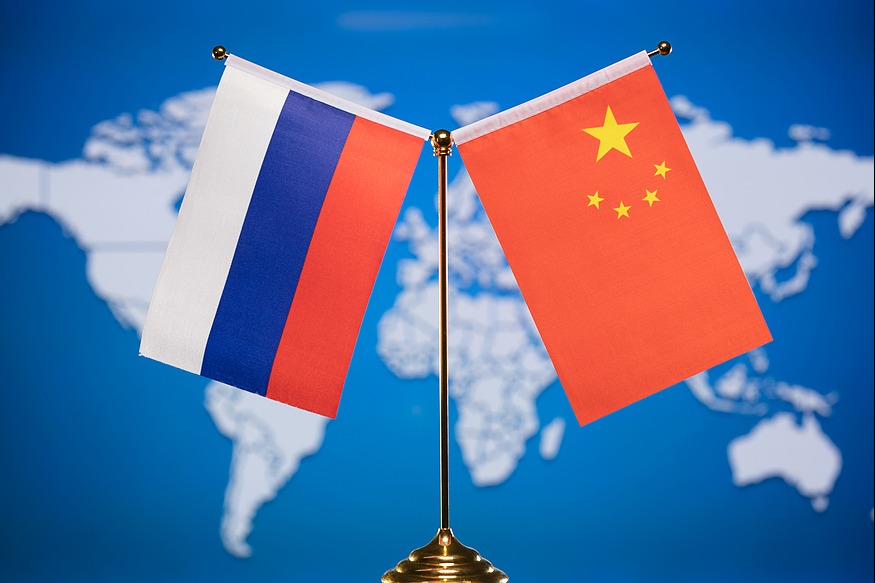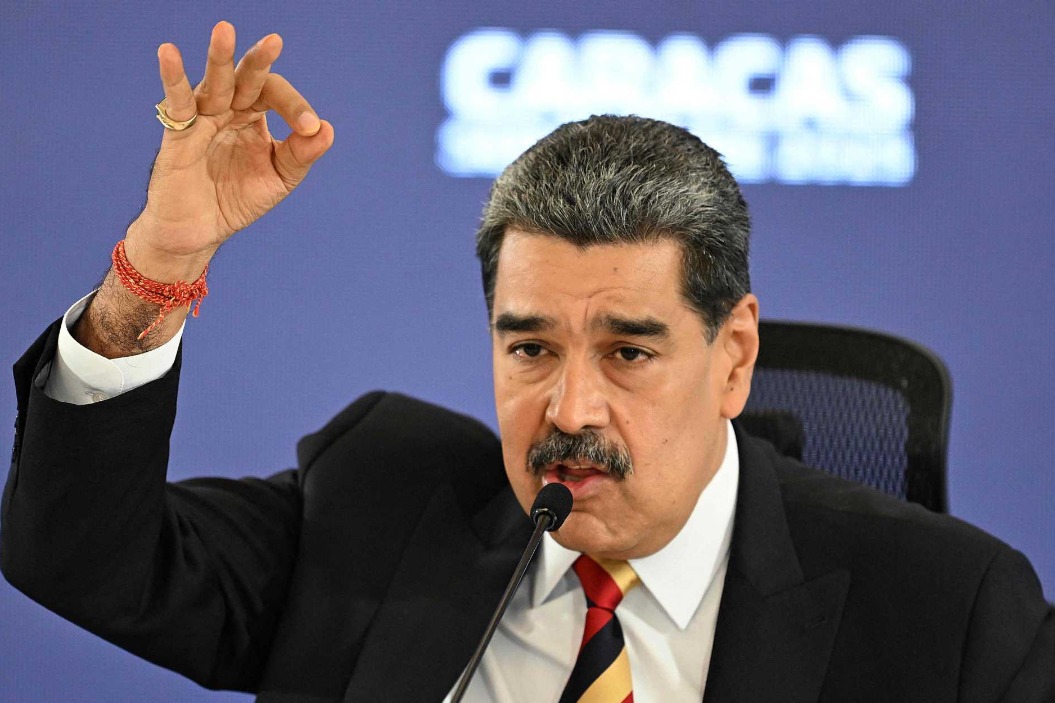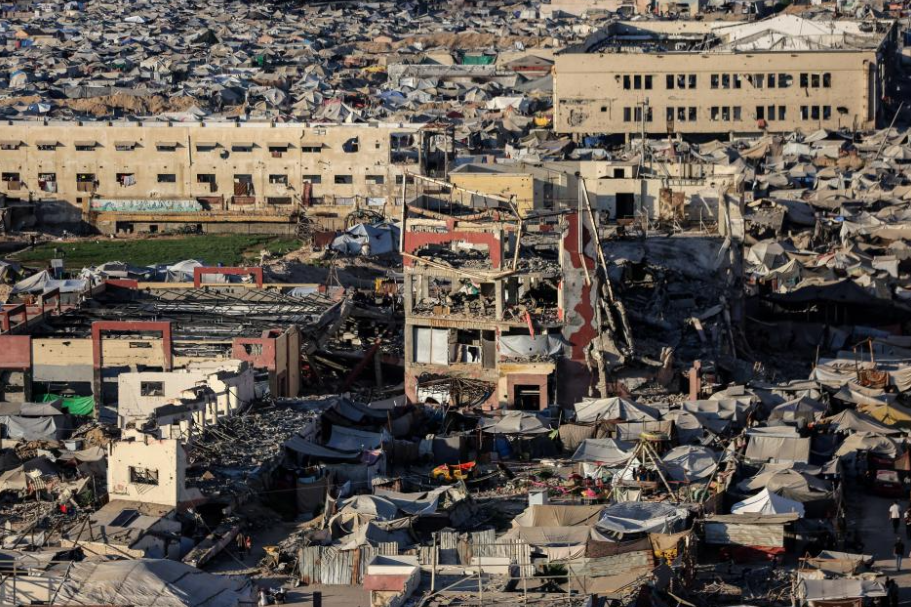Nigerian president highlights BRI projects

Nigeria's President Bola Tinubu has reaffirmed his administration's commitment to delivering flagship infrastructure under the Belt and Road Initiative, describing it as "national assets to serve every Nigerian".
In an update issued on Monday, Tinubu listed the Trans-Saharan Highway and the 439-kilometer Akwanga-Jos-Bauchi-Gombe Road among the legacy projects of the administration.
Both roads are being financed and executed by Chinese partners and are expected to transform transport links across Africa's most populous country.
The president highlighted Nigeria's role in the 4,500-km Trans-Saharan Highway, a continental route that crosses Algeria, Chad, Mali, Niger, Nigeria and Tunisia.
He also emphasized the significance of the Akwanga-Jos-Bauchi-Gombe Road, which was constructed by the China Geo-Engineering Corporation.
Redesigned with a rigid pavement structure, the road forms a critical link in the Nigerian portion of the Trans-Saharan Road Corridor, connecting Nigeria's largest city, Lagos, to Algeria's capital Algiers, through Niger.
"These are not local trophies, "Tinubu said on X. "They are our national assets."
Beyond highways, he pointed to rail as central to Nigeria's integration and growth. The 387-km Kano-Kaduna standard-gauge railway, which links the two major cities in the country's north and is being constructed by China Civil Engineering Construction Corporation, has recently received new loan disbursements and is advancing steadily.
Once completed, it will link key northern commercial hubs to Nigeria's capital, Abuja, and form a major section of the Lagos-Kano corridor.
Tinubu also confirmed that the Abuja light rail system, built by CCECC, has been revived after years of inactivity.
Similar urban rail projects in Kano, Kaduna and Lagos have been greenlighted, reflecting China's growing role in Nigeria's urban transit revival.
Energy infrastructure
Tinubu further underscored energy infrastructure as a pillar of cooperation, citing the Ajaokuta-Kaduna-Kano gas pipeline, which is being funded with the support of Chinese banks and insurers, and has already crossed the Niger River.
Once completed, the multibillion-dollar pipeline will supply gas to industries and power plants, benefiting millions across central and northern Nigeria.
The president also highlighted the 700-megawatt Zungeru Hydroelectric Power Station, which is expected to strengthen the national grid and boost industrial capacity.
The government has noted that the projects will reduce travel times, expand market access for farmers and traders, alleviate congestion in fast-growing cities and support industrial growth.
"Every farmer who needs a road, every trader who needs power, every child who needs a school, every patient who needs care …this is who we are building for," Tinubu said.
Since signing the Belt and Road cooperation agreement with China in 2018, Nigeria has benefited from major projects, including the Lekki Deep Sea Port, the Lagos-Ibadan train route and several airport terminals, undertaken by Chinese enterprises.
Nigeria has become China's largest contractor market, its second-largest trading partner and a major investment destination in Africa, according to the Chinese embassy in Nigeria.

































